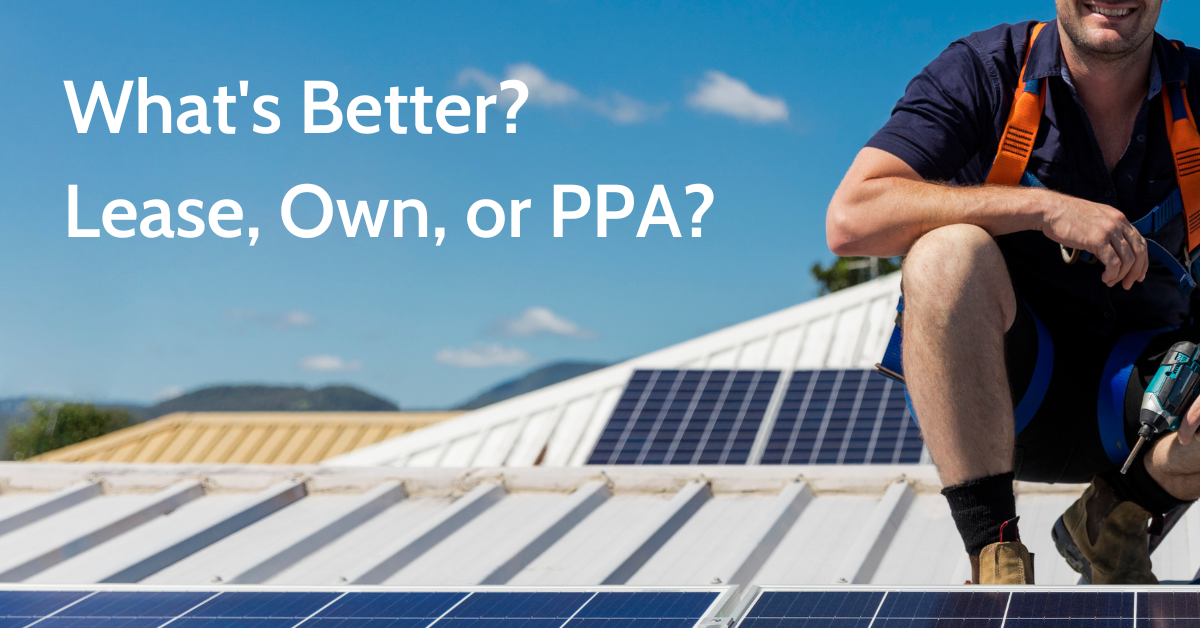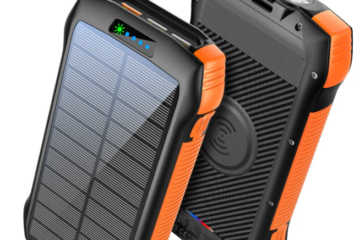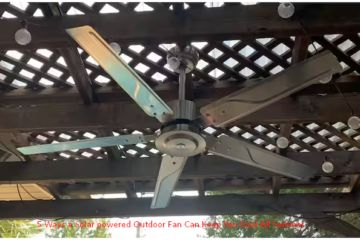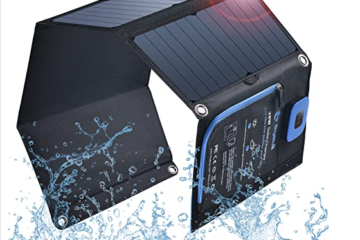Deciding whether To buy or lease solar panels depends on your financial situation & long-term goals. Purchasing offers substantial long-term savings & potential tax incentives but requires a significant upfront investment. Leasing, on The other hand, minimizes initial costs & maintenance responsibilities, making it accessible but typically provides fewer financial benefits over time. Evaluate your budget, energy needs, & how long you plan To stay in your home To make The best decision.
Is it better to buy or lease solar panels?. Deciding whether to buy or lease solar panels? We break down the pros and cons in simple terms. Make an informed choice for your home and budget.

Cost Analysis: Buying vs. Leasing Solar Panels
Making a decision between buying & leasing solar panels often hinges on cost. Purchasing involves higher upfront expenses. Covering equipment & installation. These costs. While substantial initially. Translate To long-term savings as you own A system entirely. Leasing. Meanwhile. Reduces or eliminates upfront costs but involves monthly payments To a leasing company. Over time. Leasing can lead To higher accumulated costs.
In some scenarios. Financial incentives. Tax credits, & rebates offset initial purchase costs significantly. Buyers benefit directly from these incentives. While lessees sometimes miss out as incentives usually do not apply directly To them. A comprehensive cost analysis helps clarify which option better suits specific financial situations.
Maintenance & Repairs
Owning allows complete control over maintenance & repairs. Homeowners either undertake maintenance themselves or hire services. While this requires effort. Owners benefit from extending the system lifespan through timely repairs. Leasing companies. Conversely. Handle all maintenance & repairs. Relieving lessees of these responsibilities. This ensures optimal system operation without homeowner intervention.
However. Lessees must consider The quality of service provided by leasing companies. Reliability & responsiveness vary. Affecting A experience. Evaluating leasing companies’ service records & customer reviews becomes crucial before committing To a lease agreement.
Ownership & Flexibility
Ownership offers unparalleled flexibility. Buyers can upgrade. Expand. Or relocate systems as needed. This flexibility is invaluable in adapting systems according To changing energy needs or technological advancements. Leasing agreements often restrict these modifications. Lessees must adhere To fixed terms & conditions. Limiting their ability To make changes.
Moreover. Selling a property with owned solar panels is simpler. Ownership can boost property value. Attracting eco-conscious buyers. Leasing. On The other hand. Requires transferring A lease agreement To new owners. Complicating property sales.
Financial Incentives & Tax Benefits
Solar panel purchases qualify for substantial financial incentives. Tax credits, & rebates. These incentives significantly reduce overall costs. Making purchases more attractive. Federal Investment Tax Credit (ITC) & state-specific programs provide valuable financial support To buyers. Leasing agreements. However. Usually direct these incentives To leasing companies. Not lessees.
Understanding eligibility for local & federal incentives aids in making informed decisions. Buyers maximize savings by leveraging all available incentives. Whereas lessees benefit indirectly through reduced lease payments offered by some companies.
Return on Investment (ROI)
Buying solar panels offers a higher return on investment (ROI) over time. Owners enjoy significant savings on energy bills once A system pays for itself. A well-maintained system continues generating savings long after An initial payback period. Lessees. Conversely. Save less due To ongoing lease payments.
ROI varies based on location. Energy consumption, & system efficiency. Conducting a detailed ROI analysis helps in understanding The financial benefits of buying versus leasing. For more detailed information. Consider exploring this insightful article.
For personal experiences & community insights. Visit discussions like this one on Reddit.
Features To Consider
- 🌞 Upfront Costs
- 🌞 Maintenance Responsibilities
- 🌞 Financial Incentives
- 🌞 Flexibility
- 🌞 Property Value
- 🌞 ROI
- 🌞 Service Quality
Impact on Property Value
Solar panel systems often increase property value. Potential buyers see them as investments. Reducing future energy costs. This adds appeal To properties with owned solar panels. Facilitating quicker. Often more profitable sales. Leasing complicates sales processes since A new owner has To assume A lease agreement.
Understanding how solar systems impact property value in specific markets helps in making informed decisions. Real estate trends & buyer preferences vary. This affects how much value a solar system adds To properties.
Environmental Impact
Investing in solar panels contributes significantly To environmental sustainability. Solar energy reduces reliance on fossil fuels. Lowering carbon footprints. Both buying & leasing support green initiatives. But owning often incentivizes maximizing system usage due To personal investment.
Using solar panels supports global efforts in combating climate change. Owners & lessees alike contribute To cleaner. Renewable energy solutions. Evaluating environmental benefits aids in recognizing The broader impact of choosing clean energy systems.
Personal Experience
Reflecting on my experience. Choosing between buying or leasing solar panels involved careful consideration of financial & lifestyle factors. I opted for ownership due To long-term savings & flexibility. My system. Installed years ago. Continues To yield significant energy cost reductions. It’s been gratifying managing my system & witnessing immediate returns on my investment.
DecisionMaking Process
Understanding individual energy needs & financial situations is crucial in deciding whether To buy or lease solar panels. Conducting a thorough analysis involving upfront costs. Long-term savings, & maintenance preferences help in making informed decisions. Consulting with solar energy specialists & reviewing detailed cost-benefit analyses aids in clarifying The best approach.
Evaluating personal & financial circumstances goes a long way in deciding on solar panel systems. Gathering comprehensive information ensures making decisions aligned with long-term goals & sustainability aspirations.
Additional Resources
For more detailed information & comprehensive resources on buying versus leasing solar panels. Consider visiting online platforms & forums. Reading industry reports, & consulting with energy experts. Navigating The complexities of solar energy investments benefits from leveraging all available knowledge & resources.
Interested readers can further explore related insights & support from platforms like this site for additional guidance on sustainable energy solutions.
Is it cheaper To buy or lease solar panels?
Whether it is cheaper To buy or lease solar panels depends on various factors including your financial situation. Available incentives, & longterm goals. Buying solar panels typically offers higher savings in The long run due To tax credits & eventual ownership. But leasing may be more affordable in A short term with lower upfront costs.
What are The pros & cons of leasing solar panels?
Leasing solar panels can have several pros. Such as lower initial costs. Maintenance included by A leasing company, & The ability To upgrade To newer technology more easily. However. There are cons as well. Including less financial savings over time compared To buying. Potential difficulties selling your home, & long-term contract commitments.
Do leased solar panels increase home value?
Leased solar panels may not significantly increase your home value since A new homeowner would need To take over lease payments. However. They can make your home more attractive To environmentally conscious buyers. Owned solar panels are more likely To add To A home’s value.
What happens at The end of a solar lease?
At The end of a solar lease. You typically have several options: you can renew A lease. Purchase A system at its market value. Or have A panels removed by A leasing company. It’s essential To review The terms of A lease agreement To understand all possible end-of-lease options.
Can I sell my house with leased solar panels?
Yes. You can sell your house with leased solar panels. A new homeowner will need To take over A lease. This can sometimes complicate A selling process. As not all buyers may be willing To assume A lease obligations. It’s important To discuss this with your real estate agent & potential buyers.
How does solar panel leasing work?
Solar panel leasing involves a contract agreement where a third-party company installs solar panels on your property, & you pay a monthly fee To use The electricity they generate. A leasing company typically takes care of the installation. Maintenance, & monitoring. While you benefit from reduced energy bills.
Is leasing solar panels worth it?
Leasing solar panels can be worth it for individuals who want To reduce their electricity bills without significant upfront costs. However. It’s important To weigh long-term financial benefits. Potential savings from available tax credits, & personal circumstances To make an informed decision.
Deciding whether to buy or lease solar panels really boils down to your personal situation and priorities. If you’re all about long-term savings and can handle the upfront cost, buying might be the way to go. It can boost your property value and give you the most bang for your buck over time. On the flip side, if you’d rather keep things simple and avoid a hefty initial investment, leasing could be more up your alley. You can still enjoy lower energy bills without the worries of maintenance and repairs.
At the end of the day, there’s no one-size-fits-all answer. Think about your financial situation, how long you plan to stay in your home, and what gives you peace of mind. Whether you choose to buy or lease, going solar is a smart step towards a greener future and saving on energy costs. So, weigh the pros and cons, and pick what feels right for you!



